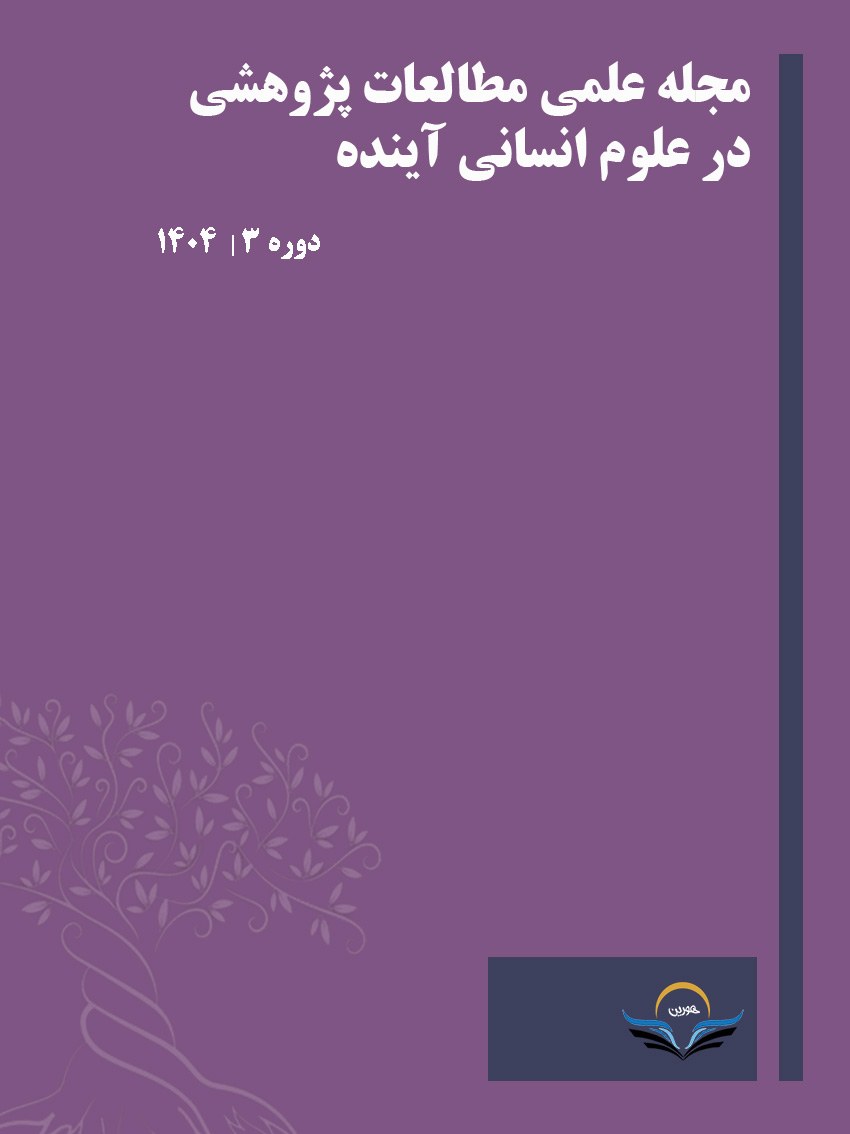بررسی رابطه انسان و آزادی در اسلام با تاکید بر آرای شهید دیالمه
کلمات کلیدی:
انسان انقلاب اسلامی, شهید دیالمه, ولایتفقیه, انسانشناسی, آزادی در اسلامچکیده
تفسیر آزادی به درک انسانشناسی و جهانشناسی جوامع و حکومتها وابسته است، بنابراین انواع تفاسیر از آن متفاوت و گسترده خواهد بود. مفهوم آزادی در اسلام بهعنوان یک برنامه جامع، به عنوان یکی از والاترین ارزشها مطرح است. در اسلام، انسان آزاد است، حتی در پذیرش دین. در جوامع اسلامی، آزادی بیشتر جنبه حقوقی دارد و در برابر واژه «عبد» به کار میرود. در اندیشه سیاسی اسلام، عدالت مقابل استبداد و بردگی مقابل آزادی قرار دارد. آزادی در اسلام بیشتر جنبه روحانی دارد و به معنای رهایی از بندگی نفس است. پس از انقلاب اسلامی ایران، مفهوم آزادی دچار تغییرات اساسی شد و از منظر اسلام مورد توجه قرار گرفت. شهید عبدالحمید دیالمه در اوایل پیروزی انقلاب تلاش کرد تا مفهوم آزادی در اسلام و انقلاب را برای مردم تبیین کند. پژوهش حاضر به روش تحلیلی- توصیفی و با استفاده از مطالعات کتابخانهای به بررسی نقش حکومت اسلامی در آزادی انسان و بازتعریف آزادی از دیدگاه چنین حکومتی میپردازد.
دانلود
چاپ شده
شماره
نوع مقاله
مجوز
حق نشر 2025 مجله علمی مطالعات پژوهشی در علوم انسانی آینده

این پروژه تحت مجوز بین المللی Creative Commons Attribution 4.0 می باشد.





